The science camp education team, which traveled to the Western Highlands from Canada and Utah, consisted of women from a variety of career backgrounds, but all had the similar goal of providing a week of fun and learning to students from our beneficiary schools.
|
The end of October and beginning of November is a transitional period for children in Guatemala. The rainy season is over and so is the school year. Most students transition from working in school all morning to working in the fields picking coffee with their families. We, and our friends at The Tango Foundation, wanted to prolong the students’ time in school-- by inviting them to a week of experiments and fun at science camp. Students from Nueva Providencia Primary School and La Cumbre Primary School spent a week with us learning about polymers, gravity, sound and vibration, germs and microscopes! From the sounds of their laughter, it’s safe to say they were also having lots of fun! The science camp education team, which traveled to the Western Highlands from Canada and Utah, consisted of women from a variety of career backgrounds, but all had the similar goal of providing a week of fun and learning to students from our beneficiary schools. Two of the team were trained social workers, who invited the students to take short breaks from exploring science principles to participate in sessions with them. The students talked about their feelings, mindfulness and kindness. They expressed thoughts about what makes them happy, and they created artwork that portrayed them. In total,135 kids attended the week of activities. Some of our youngest participants were one-year-old, attending with their older siblings-- it’s never too early to learn! This week of smiles and exploration was memorable for all of us, for the young scientists, our guests from The Tango Foundation and for the Pueblo a Pueblo team.
2 Comments
The Guatemalan school year is over. October is an exciting time at Pueblo a Pueblo! We celebrated alongside three beneficiary students of our Primary Education Scholarships (PES) Project at Panabaj Primary School. Andrea, Magdalena and Jose sat next to each other among their classmates and, with a handshake from the director, received their diplomas. This is a feat worth celebrating, as they became part of the 14 percent of youth in Department Solola that complete their primary education.* We’re always ecstatic when students involved in PES succeed. In rural Guatemala, there seem to be more obstacles than opportunities for children to get an education. “The main educational challenge kids face is money,” says Johanny Quieju, the Primary Education Scholarship Project Manager. “Families either don’t have enough money to provide their children with supplies or things they need, or they don’t have enough money in general and the kids start working at a young age to contribute to the household income,” she explains. Our PES Project exists to relieve some of these challenges for students who otherwise wouldn’t have the resources or support to pursue primary education. As a PES beneficiary, students receive support to pay school enrollment fees, school supplies, gym clothes and shoes, access to medical services and one-on-one tutoring. We can’t take all the credit, though. Andrea, Magdalena and Jose put in their fair share of effort to complete their primary education. They fulfilled the attendance 90% requirement set forth by Pueblo a Pueblo and worked hard to pass their classes and reach this milestone. We would like to thank the sponsors of these students for sharing our vision of education as a tool for success. At Pueblo a Pueblo we believe that every child deserves the opportunity to complete a primary education, regardless of their economic circumstances. Thank you! We did it!
*Guatemala National Institute of Statistics (2017) |
Categories
All
Archives
April 2021
|
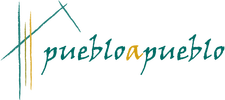
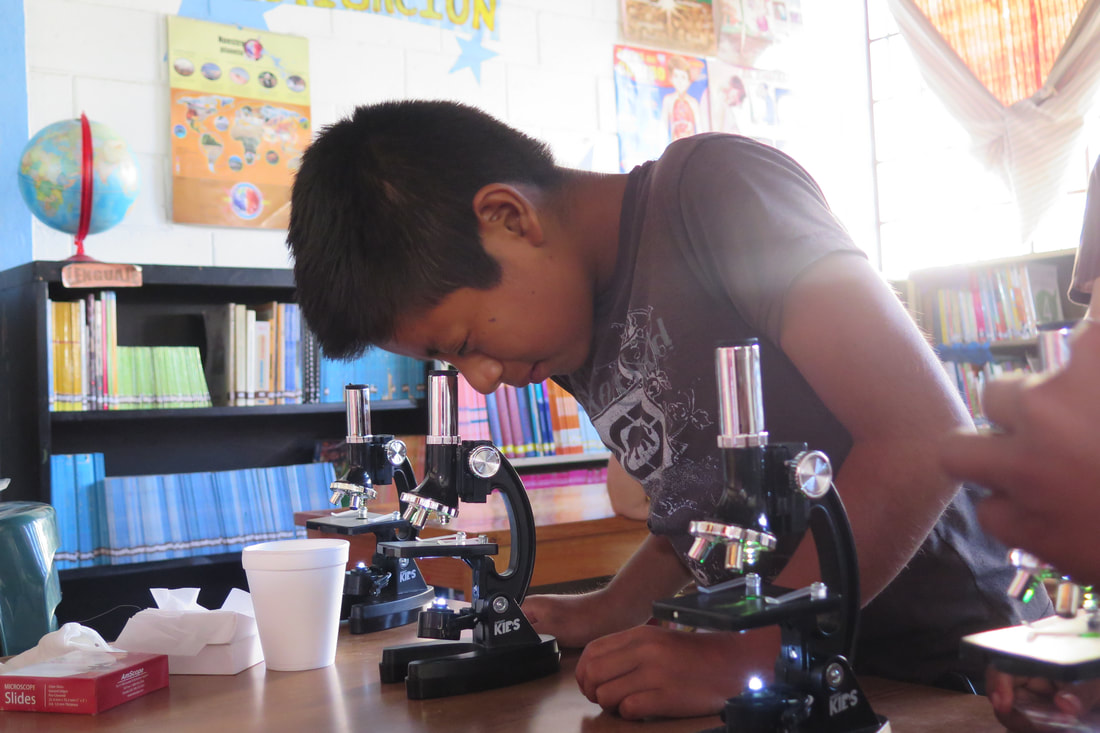
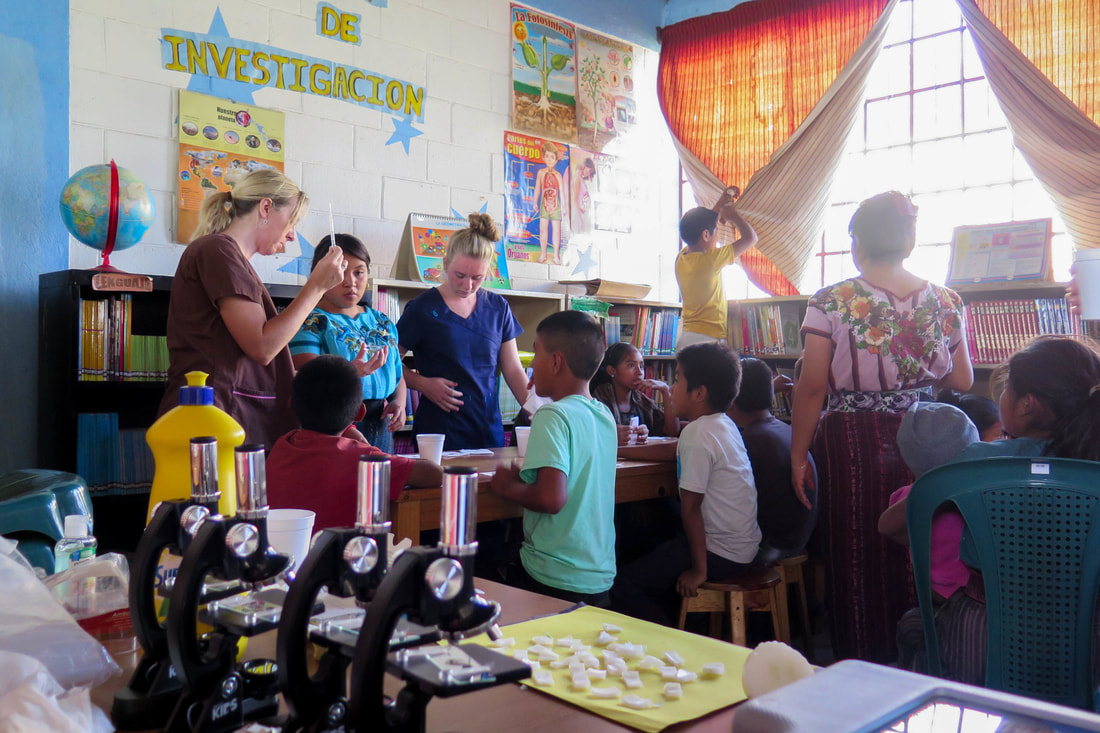
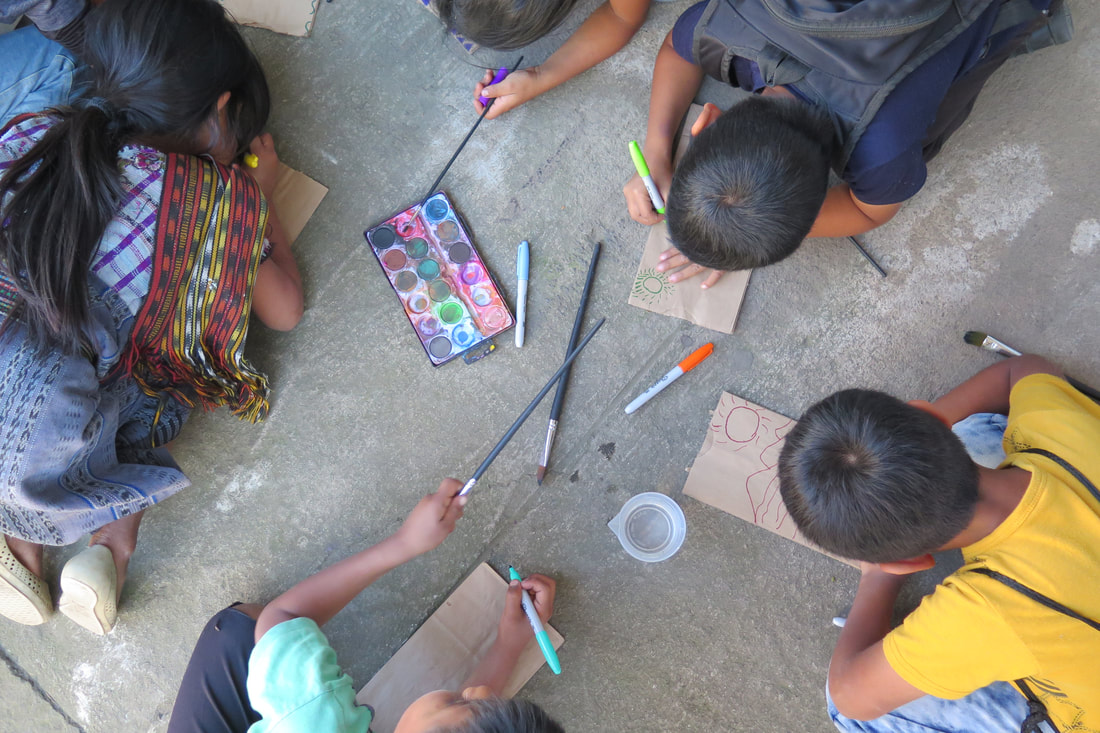
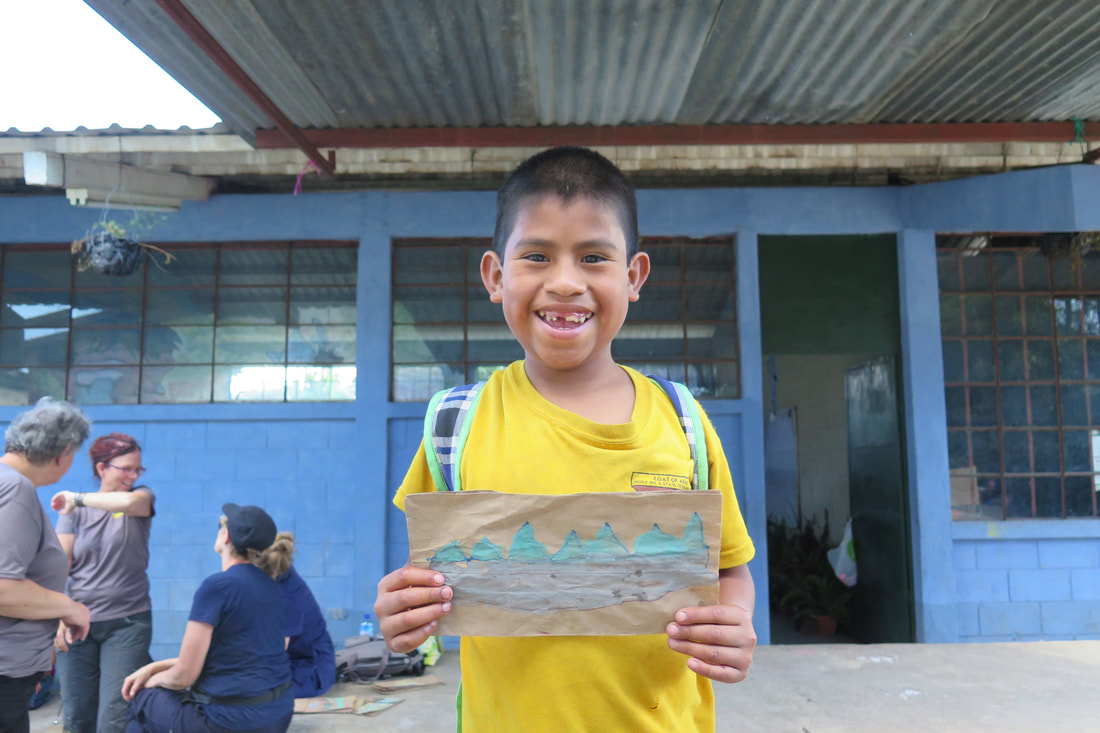
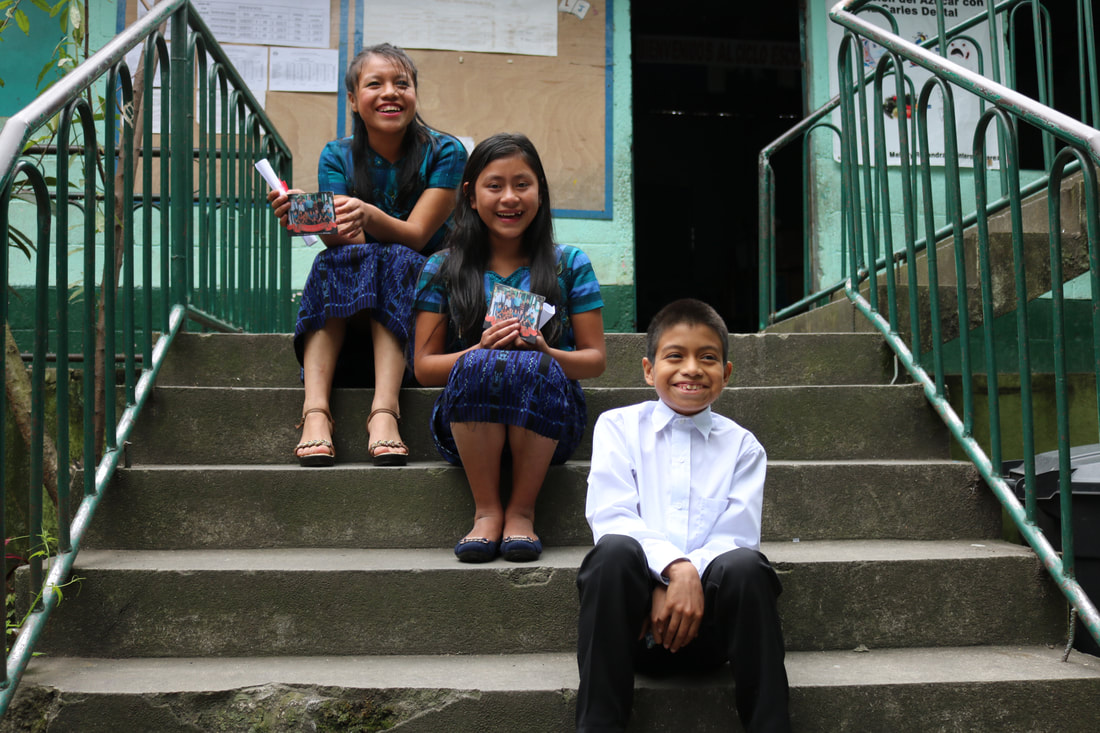
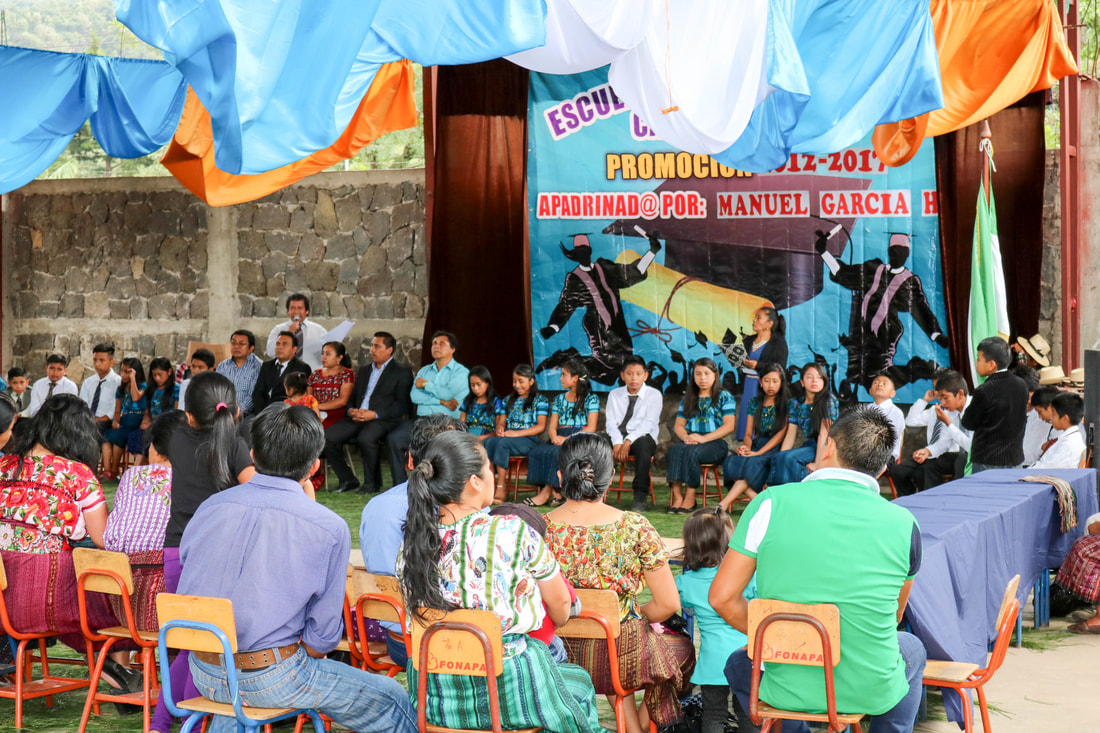
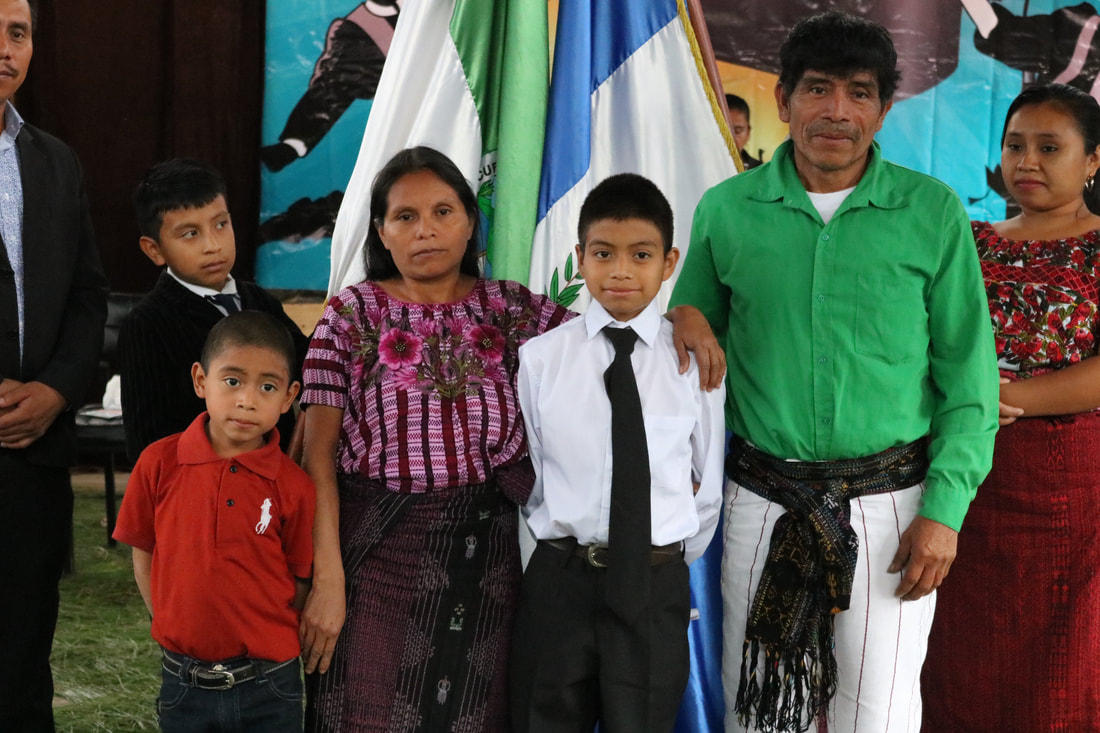
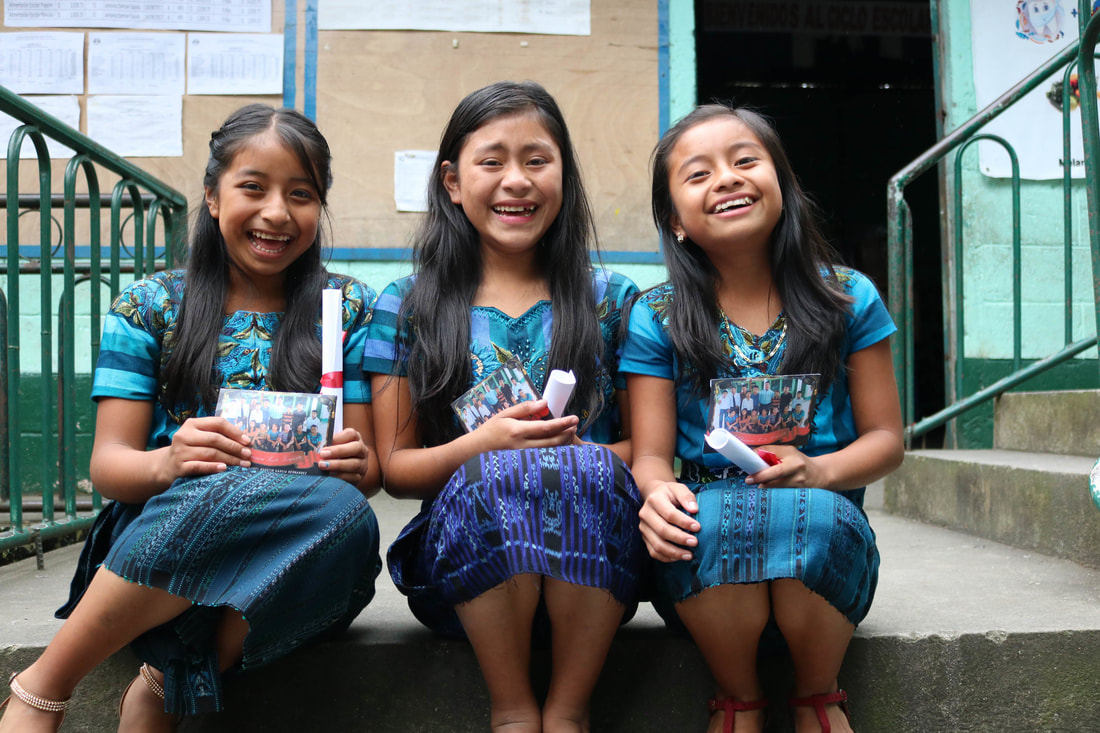
 RSS Feed
RSS Feed